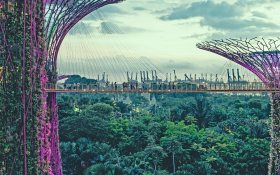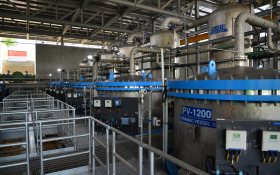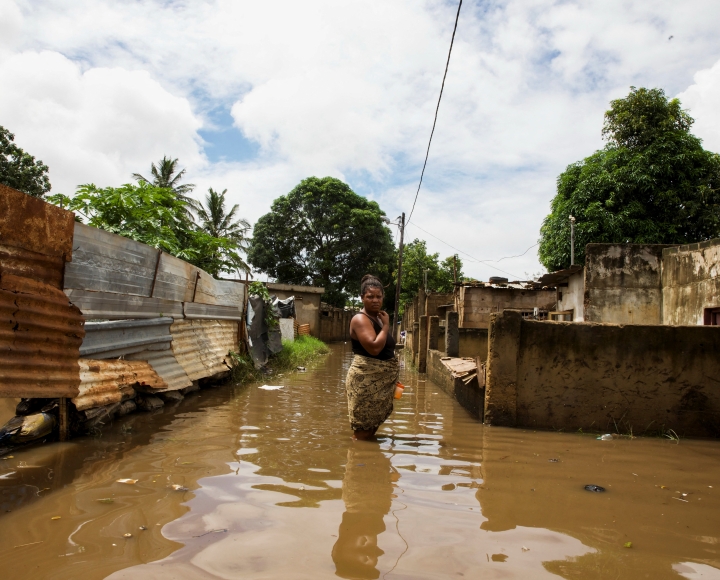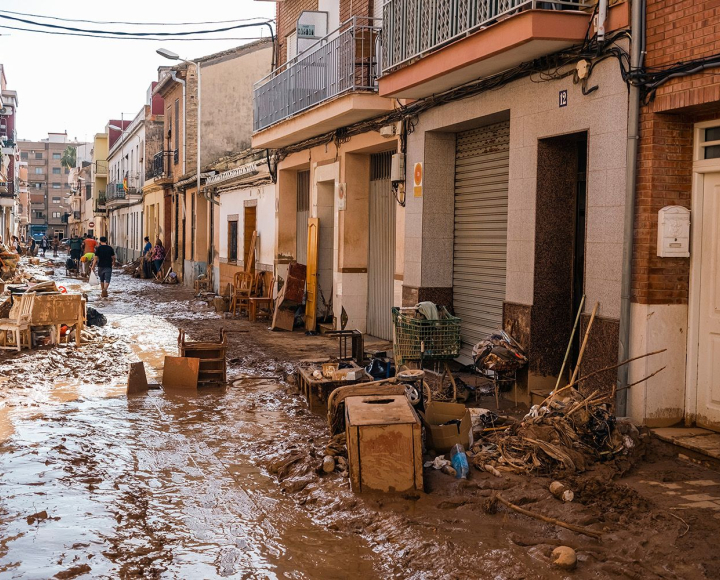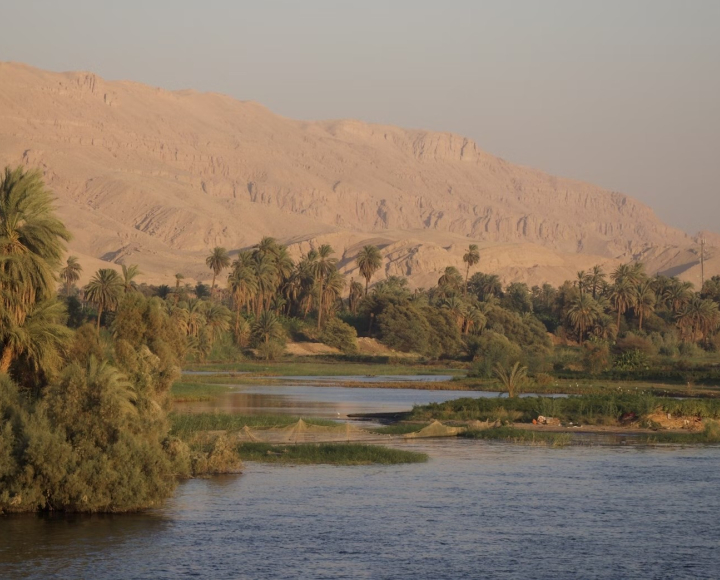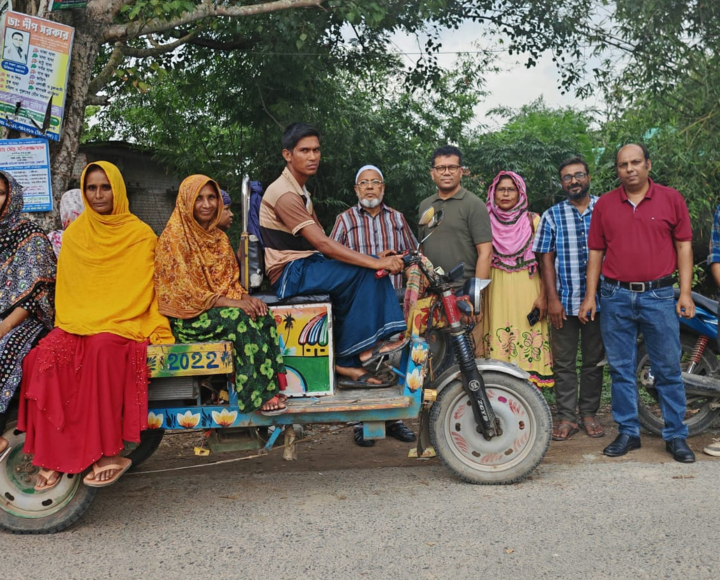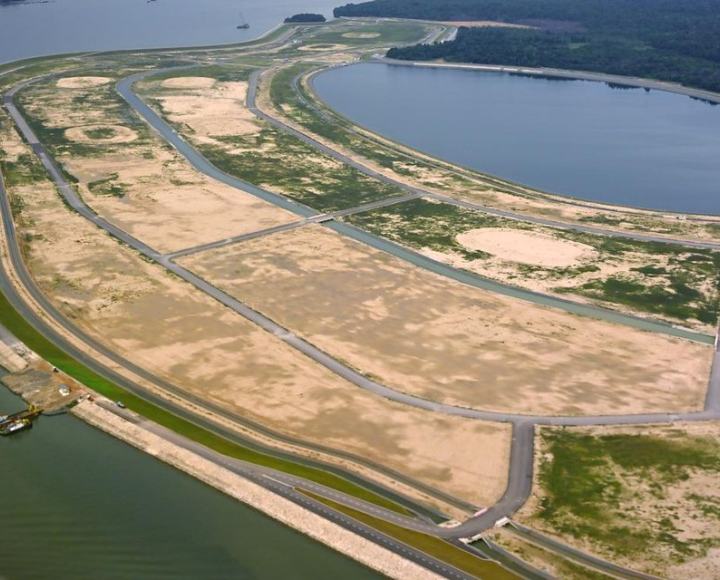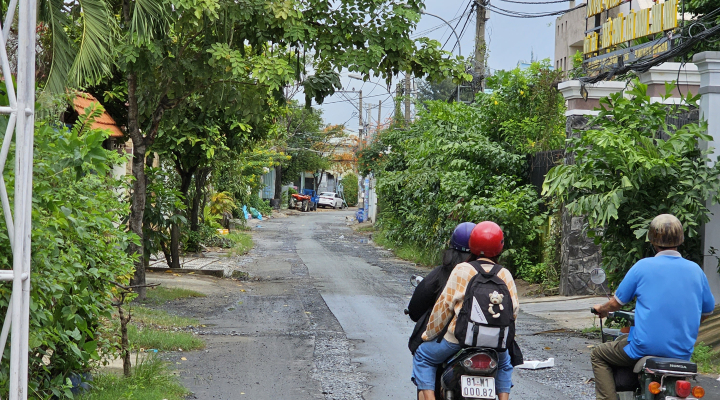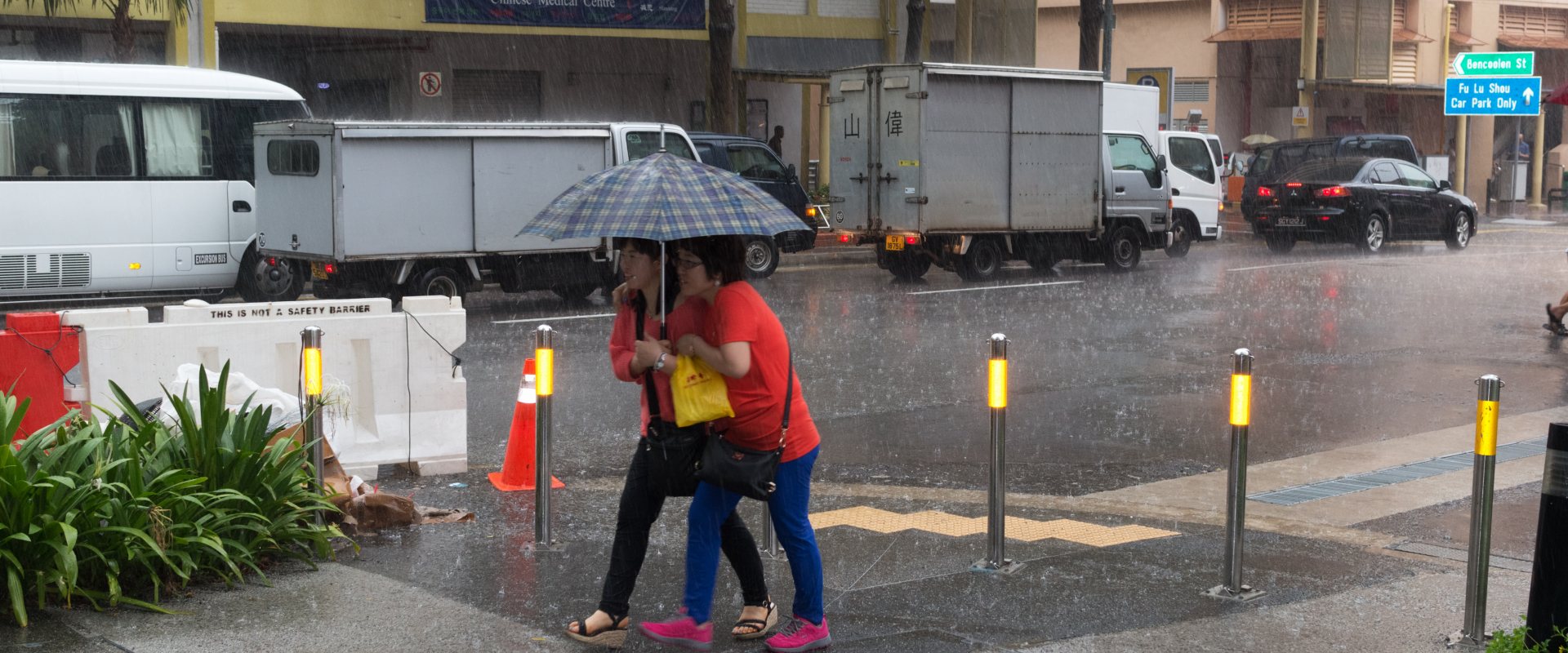
SIWW2021: Extreme events show way out from thirsty water infrastructure
Extreme drought, flooding, river pollution and Covid-19, events like these make some cities decide to take a radical new course to prevent such crises from happening again. The lessons learned from extreme weather events in Cape Town, Hong Kong and Dwarka were the central theme during the session on water resilient cities at the Singapore International Water Week on 22 June.
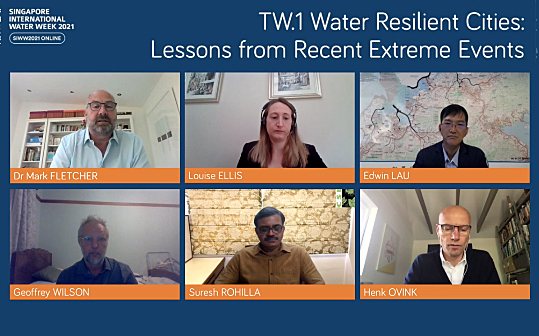

Magnifying glass
Addressing the threat of climate impact, speakers during this session presented their case studies highlighting responses to Day Zero in South Africa and the massive flooding due to super Typhoon Mangkhut in Hong Kong in 2018. As a response to Covid-19, plans by the Asian Development Bank to rebuild a more resilient water sector were also presented.
The speakers recognised that legacy issues in urban planning pose an obstacle to finding solutions for these threats. The panel speakers agreed that there is a need to create stronger partnerships and a more inclusive consultative approach across stakeholders to build water resilient cities.
'Extreme weather events are like a magnifying glass. They show the way forward, moving away from the past and its thirsty water infrastructure towards a future with integrated responses', commented Dutch water envoy Henk Ovink. ‘The only way we can change our course is by picking up the best examples and bringing them to scale’.
Scenario-based approach
Louise Ellis, Associate at consultancy firm Arup, explained how Cape Town managed to prevent ‘Day Zero’ in 2018 following three very dry summers in a row. ‘The city responded with a water saving campaign for households in an effort to get the water consumption down to 50 litres per day and it enrolled a leakage reduction programme’, she explained. To prevent this water shortage in the future, the city set out to a next-step action plan and a long term water resilience programme, including the development of 50 indicators to better understand the city’s water system and areas for improvement. ‘One of the lessons learned’, Ellis added, ‘is the scenario-based approach. It tackles the uncertainty and it makes decision makers better informed. And in terms of adaptation pathways, it allows flexibility as one learns more over time’.
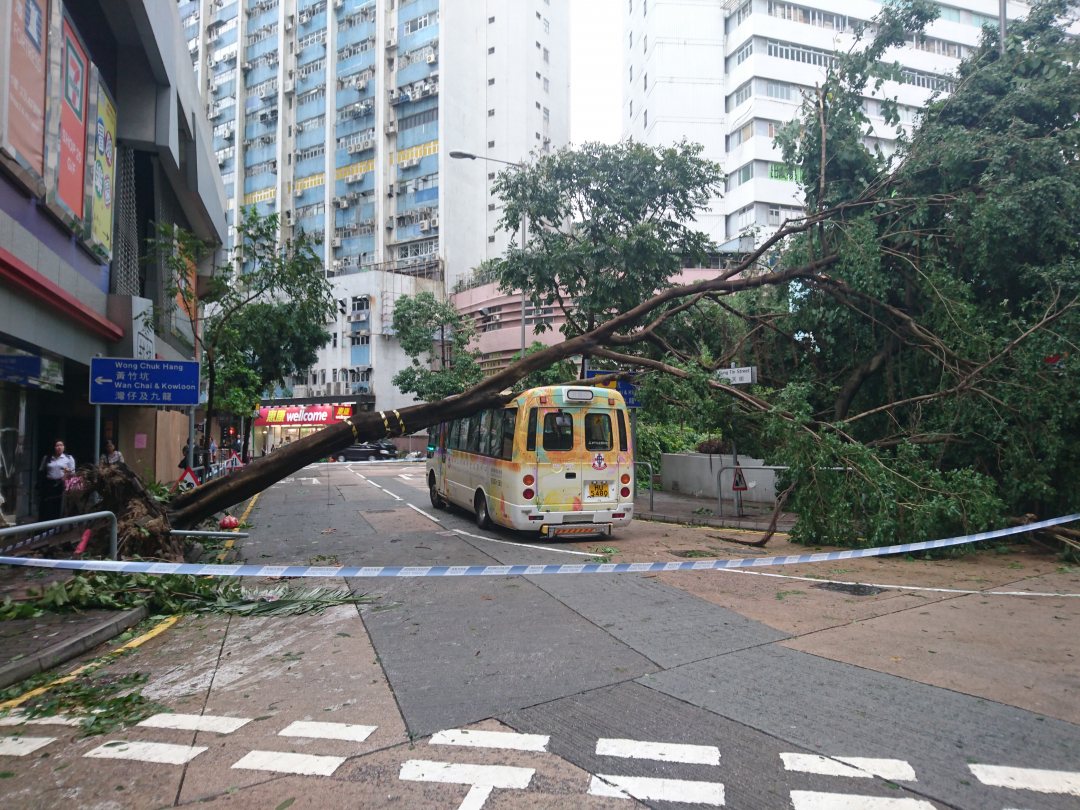

Green rivers
The other lesson learned came from Hong Kong that was impacted by two extreme events. In 2018 by typhoon Mangkhut that caused a storm surge of 2.35 metre. And in 2020, when the city experienced heavy rainfall of 250 millimetre in two hours; 10 percent of the average rainfall in a whole year.
Edwin Lau, Chief Engineer of the city’s Drainage Services Department told that Hong Kong has built a 25 kilometre long underground drainage system and many reservoirs to store the rain water. The city has a total pump capacity of 300 m3 per second to get the rain water out to the sea. ‘Because of sea level rise, we realise that more will be needed’, he concluded, ‘and we cannot rely on infrastructural measures only. So we adopted a water harvesting plan that includes infiltration, storage and re-use of rain water, in combination with greening the city and improving the biodiversity. We will modify the concrete drainage channels and turn them into green rivers.’
More water use, more sewer overflows
Suresh Rohilla, Senior Director, Centre for Science and Environment in New Delhi, told about the experiences in Dwarka, a coastal city that is set on water harvesting. ‘India faces many problems with floods and over extraction of groundwater’, he explained. ‘More water use means more waste water and this requires more waste water treatment capacity. If this is not available the sewer systems overflow and rivers get polluted’.
Rohilla also mentioned that all Indian cities are facing an increase of extreme rainfall events, and at the same time longer periods with little rainfall. ‘In Dwarka city, they developed a plan based on the harvesting of storm water in open green spaces. In these green spaces the rain water can recharge the groundwater. It now also provides 40 percent of the demand for non-potable water use.’ Rohilla advocated a stronger uptake of water harvesting projects as part of urban design and planning interventions.
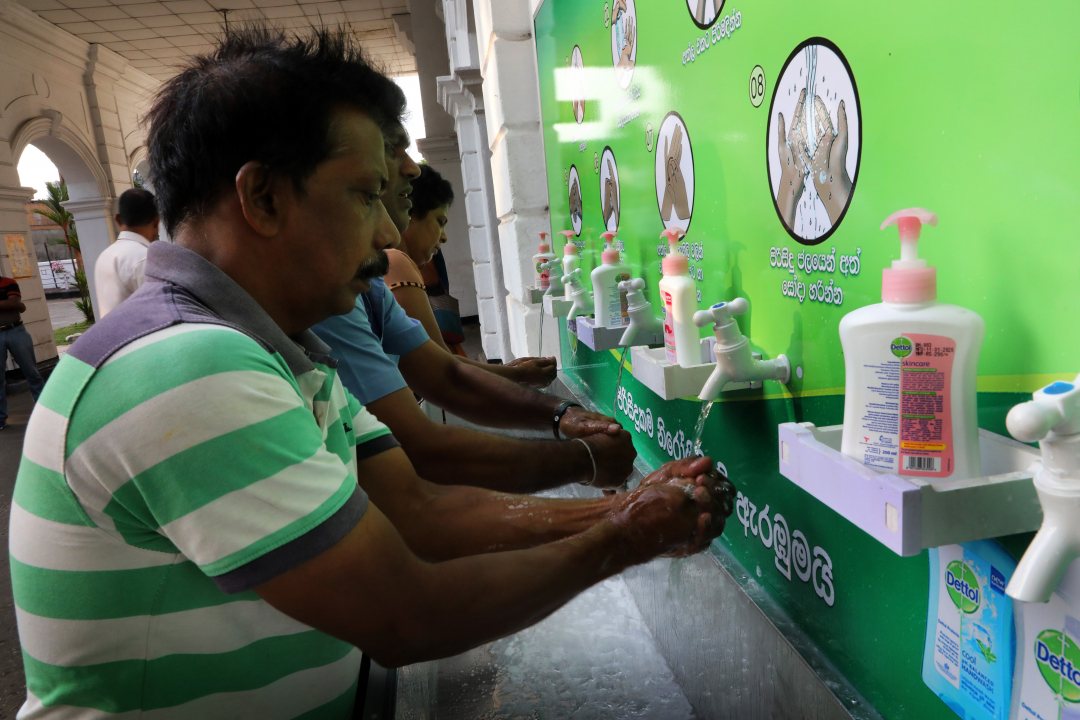

Impacts of Covid-19 pandemic
In his contribution to the session Geoffrey Wilson, Senior Water Resources Specialist at the Asian Development Bank highlighted the impacts of the Covid-10 pandemic on the Asian water sector. ‘The water utilities cautiously balanced between maintaining an adequate level of service while ensuring at the same time securing the safety of their personnel.’ According to Wilson the restricted mobility during the lock down made it difficult to maintain operations. ‘Many utilities in developing countries depend on manual operations with little capability for remote control or automated operations’, he noted. 'The financial situation of many water service operators worsened because commercial and industrial water use dropped and was not compensated by the increase of domestic use.'
Wilson expects that financial support from governments will become the lifeline for the survival of many utilities. He also noted that digitalisation and the fast development of remote control, has opened new windows of opportunities. ‘Upgrading water service with digital technologies allows smarter planning and operations and enhances their resiliency’, Wilson noted.
According to Wilson the Asian water utilities need adequate financing for implanting nature-based solutions and adopting digital technology. He advocated the integration of the water and health agendas. ‘Future health crises can be prevented and responded to more effectively by integrating WASH services and public health services. Accelerating universal WASH services in line with the SDG6 will require large investments’, he foresees.
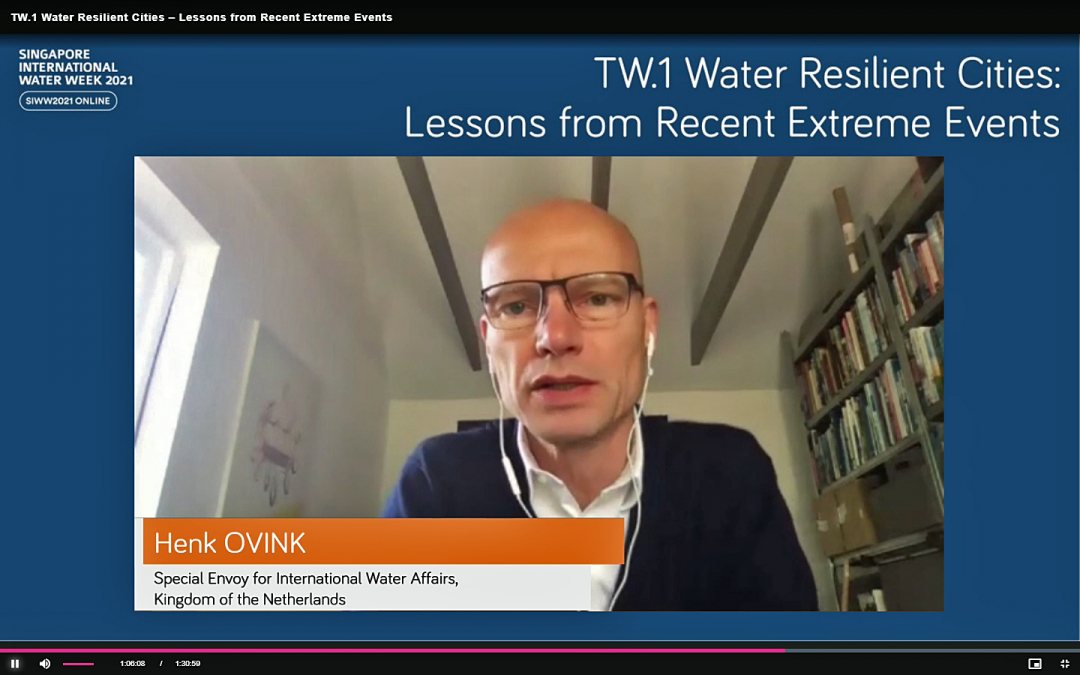

The way out
In his reflection on these cases, Henk Ovink, Special Envoy for International Water Affairs, Kingdom of the Netherlands, noted that water touches upon many aspects of life. Especially in cities. ‘Crises are like magnifying glasses´, he said. ´They make extremes look more extreme and highlight these interdependencies. The way forward is to look at the future and respond better than a bandage here and a bigger bandage there. It is clear that we need to embrace the complexity of these social, environmental, cultural and economic interdependencies in cities.´
Ovink called for a new kind of partnership in cities that involves all actors and all sectors and remarked that investments are still put into outdated infrastructure. ´World leaders say: wash your hands. But did we change anything on the two to three billion people that lack access to clean water, hygiene and sanitation? If we really change course it means we have to bring the best examples to scale, so they become the pipeline for investments, not the outdated infrastructure.'
The Singapore International Water Week 2021 takes place online from 21 June till 2 July and includes some 120 webinars and a virtual exhibition with some 30 companies and organisations.




